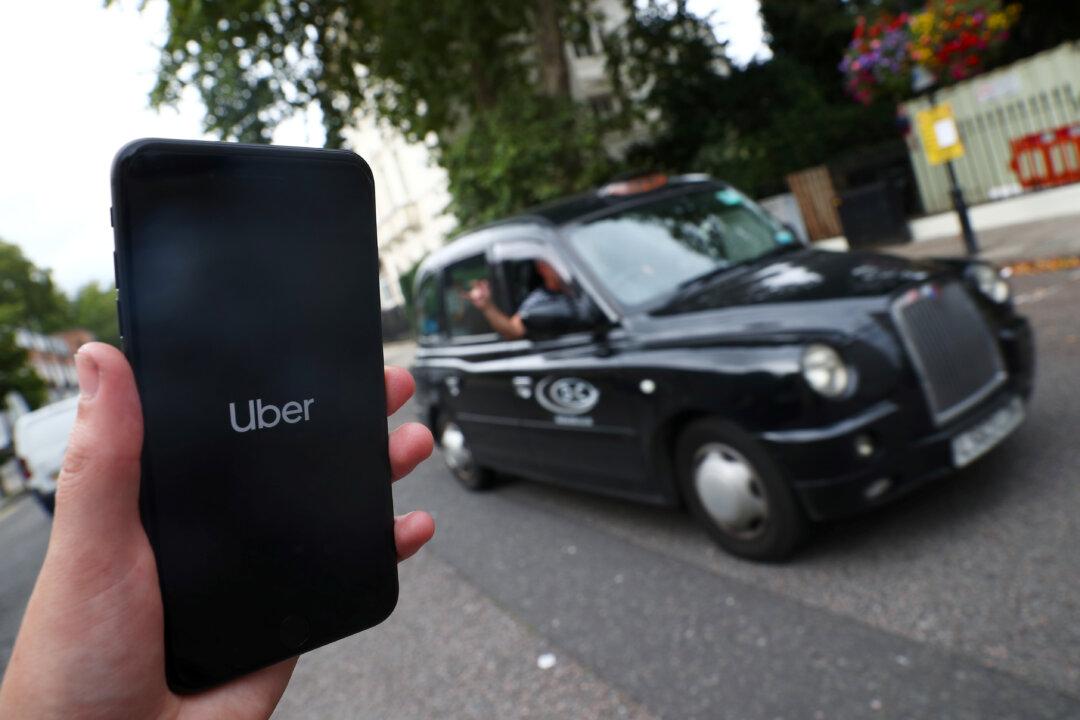Britain’s Supreme Court on Friday unanimously ruled that Uber drivers are workers rather than self-employed, in a landmark ruling that may have implications for the rest of the gig economy.
Uber drivers are currently treated as self-employed, meaning that by law they are only afforded minimal protections, a status the Silicon Valley-based company sought to maintain through continued court action.





